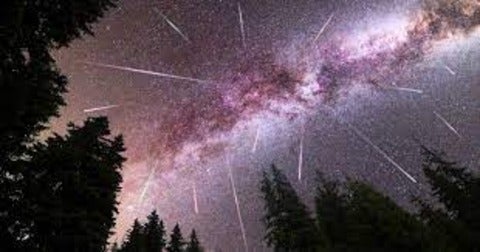Mohamad Shalaby is a senior postdoctoral researcher at the Leibniz institute for astrophysics Potsdam (Germany). His research focuses on studying acceleration, transport and non-thermal radiation processes from plasmas that permeate our visible universe, i.e., from stellar to intergalactic environments and thus their implied complex feedback on various observables. Mohamad attended AIMS (South Africa) and PSI programs before finishing his PhD under the supervision of Avery Broderick in 2017 at University of Waterloo and perimeter institute for theoretical physics.
Talk Title and Abstract
The mechanism of efficient electron acceleration at parallel non-relativistic electron-ion shocks
Cosmic-ray-driven instabilities play a crucial role during particle acceleration at shocks and during the propagation of the accelerated cosmic rays (CR) in galaxies and galaxy clusters. The instabilities amplify magnetic fields and modulate CR transport so that the intrinsically collisionless CR population is coupled to the thermal plasma and provides important dynamical feedback. In this talk, I will discuss a new CR driven instability we recently found (called intermediate-scale instability; Shalaby et al. 2021 [ApJ 908 206]). The new instability excites comoving ion-cyclotron electromagnetic waves at sub-ion skin-depth scale, and operates when the ratio of drift speed with respect to the ion Alfvénic speed is less than sqrt(mi/me)/2, where mi (me) is the ion (electron) mass. Its linear growth rate is typically about 10-20 times faster in comparison to that at the ion gyro-scale making it a crucial player in both acceleration and transport of charged particles in galactic and stellar environments. After a brief discussion of various potential implications of the new instability, I will discuss how we showed using Particle-in-cell simulations that the new instability provides the only known mechanism to date for efficient electron acceleration at parallel electron-ion shocks, and thus solving the long-standing electron-injection problem at these shocks (Shalaby et al. 2022 [ApJ 932 86]). This suggested that common practice of performing plasma simulations with a reduced ion-to-electron mass ratio (where the intermediate instability is suppressed) not only artificially precludes electron acceleration but also results in erroneous electron and ion heating in the downstream and shock transition regions.
